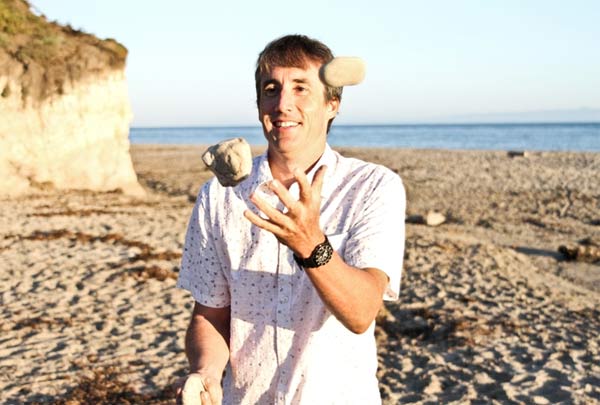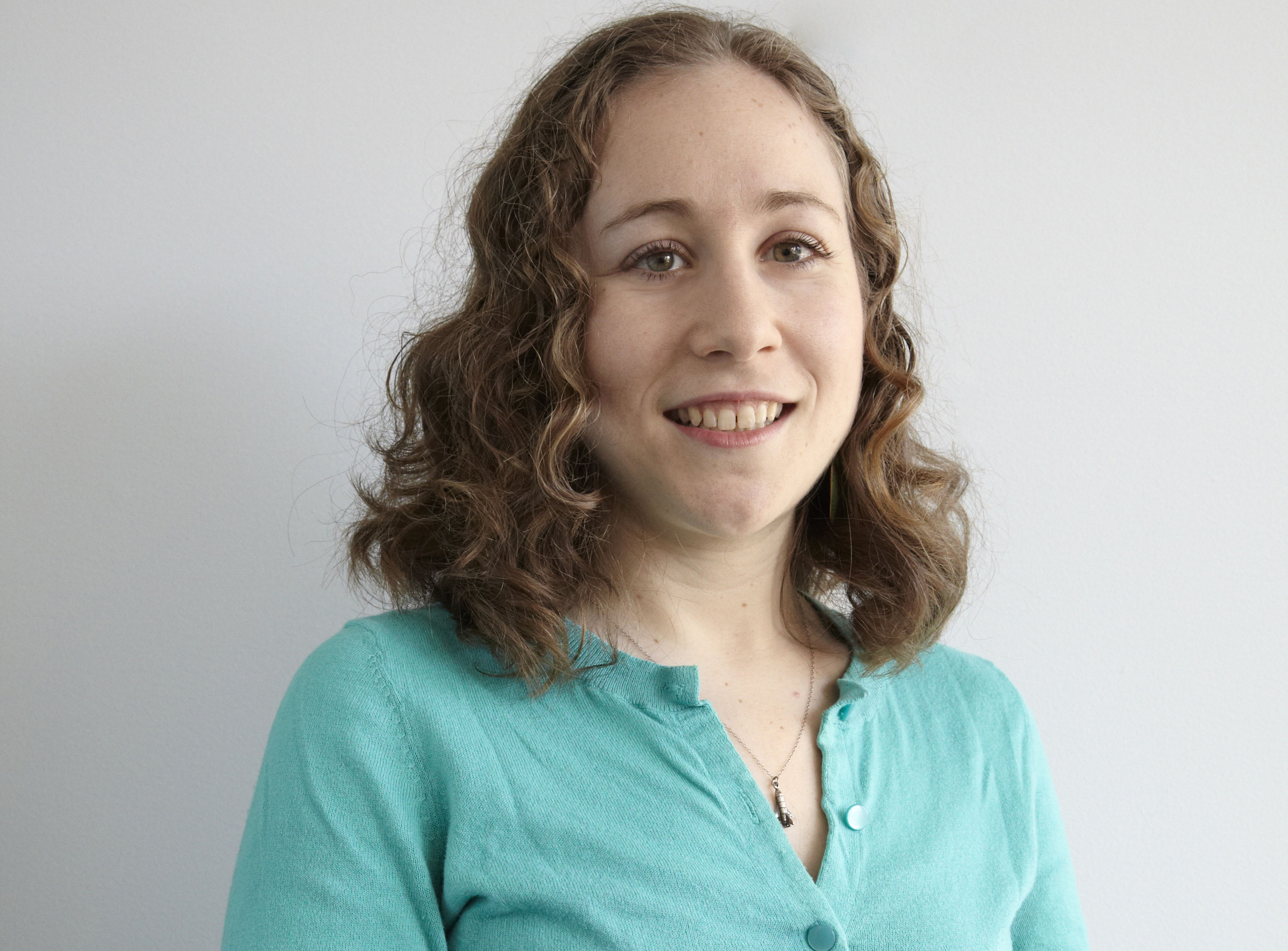'Wizard of Odds' Uses Math To Beat the Casinos

Michael Shackleford is better known as the Wizard of Odds. Shackleford, a trained actuary (a business professional who assesses risk and its financial impact), now makes his living analyzing casino games. He is also an adjunct professor of casino math at the University of Nevada, Las Vegas.
LiveScience spoke to Shackleford in December 2010 about the mathematics of gambling, and what you can do to beat the odds.
Q: What is it about casino games that interests you?
A: I just enjoy the challenge of trying to calculate the odds of every casino game, and I enjoy math in general, and I enjoy gambling, so it's a good way to combine two interests of mine.
Q: Had you been gambling for a while casually before you decided to apply vigorous mathematical strategies?
A: Yes, absolutely. I've been gambling as long as I can remember.
Q: Even before age 21?
Sign up for the Live Science daily newsletter now
Get the world’s most fascinating discoveries delivered straight to your inbox.
A: Even before age 11.
Q: So can most casino games really be beaten with math, or are the odds too stacked against you?
A: In most games, the odds are stacked against you to begin with, and there's nothing you can do about it. However, in games of skill there usually is some kind of an angle you can use to beat the game.
Q: What are some games in which math can be most helpful?
A: Well, blackjack, as most people know, can be beaten by card counting.
Q: Is that legal?
A: Oh, that's absolutely legal. And another good example is video poker, which can often be beaten over the long run.
Q: What is the best casino game to play?
A: I kind of don't like the question, because it ranges depending upon the specific casino that you're in, and what your specific strengths and weaknesses are, and what game you particularly find interesting. And that's why you get some advantage players playing poker, and some play blackjack, and some play video poker and some are sports bettors, and others do other things. So, you know, it's like asking a businessman what's the best business to get into to make money. It really depends on the individual.
Q: Do you think people apply some of these mathematical strategies intuitively, or are most people just missing the boat entirely?
A: Well, the vast majority of gamblers are what I would call "recreational gamblers" that are playing hopefully for entertainment reasons, and the odds are stacked against them, and most of them probably realize that and play anyway because it's a form of entertainment to them.
Q: What game do you think is the worst waste of money?
A: The worst form of gambling is lottery tickets.
Q: How do those odds compare with roulette?
A: Oh, they're much worse. You can expect to lose 50 percent of everything that you bet on a lottery ticket, and with roulette, you can expect to only lose 5.4 percent.
Q: What are your pet peeves about misperceptions of gambling?
A: There are so many, and most of them would fall under the realm of superstition. I think a really annoying one is players who falsely believe that it's the last player to act in blackjack [who] has an effect over the whole table. And that player will get complained at if he acts in a certain way, and causes the whole table to lose. It's absolutely a myth that the last player to act will cause everyone to lose if he doesn't play his cards the right way.
It's fine to have your own superstitions, but when those carry over to causing fights at the table, that's where I draw the line. Keep your superstitions to yourself and then, you know, let other players play their own game.
Q: Do you think gambling is associated with more superstitions than other aspects of life?
A: I think gambling has a lot more. I think the reason is that in everyday forms of life, people look for patterns to try to make better decisions. For example, let's say that you need to drive from point A to point B, and you encounter a lot of traffic. You might file that away, and the next time you have to drive between those two points, you might think, 'Oh, maybe I'll try this way, because the last time the traffic was bad.'
And that's good thinking. But people try to apply that in the casino, and they might say, 'Oh, in roulette the last five numbers were red, so the next one is probably going to be red too, or maybe black is overdue.' And both of those assumptions would be incorrect. You see people making decisions based on superstition all the time in casinos.
Q: Does it bother you? Do you ever just want to go up to somebody and say, "Stop, you're throwing your money away!"
A: No, because if it bothered me, I would never get any sleep at night. So, I see people playing horribly all the time, and unless someone asks me my opinion, I just keep my mouth shut, and let them, you know, go right down the road of throwing their money away to the casino.
Q: Are most of your studies on how players can improve, or do you also apply math to how casinos can improve their edge?
A: It's almost all devoted to helping players improve their game. You know, I don't hide the fact that sometimes especially smaller casinos might ask me for help with a promotion or something like that. For example, maybe they'll say, 'If you get a suit at blackjack, we're going to pay you two-to-one, what would be the odds of that?' I wouldn't be bothered answering that question. But I would be bothered by telling them how to do anything that would hurt players.
Q: What's your personal favorite game to play?
A: I really like the game Pai Gow Tiles, which maybe you're not familiar with. But it's a Chinese gambling game that's played with dominoes. The big strip casinos have it. And the casinos in Atlantic City also have it.
It's a very difficult game to learn the rules for, and then in turn to analyze. And the vast majority of players are Asian, so it kind of impresses people to see a non-Asian playing it. So I guess I enjoy the challenge of it.
Q: Have you personally won a lot of money over the years gambling?
A: Yeah, I've done quite well over the years gambling. And it's mainly from sports betting.
Q: So math can help out in sports gambling, too?
A: Oh, absolutely. Just today, for example, I must have spent four hours in my day today crunching numbers for the Patriots-Jets game tonight [Dec. 6, 2010]. And I have all kinds of obscure bets on it. And, to be honest with you, I probably spend more time analyzing the game than my time is worth. But I just enjoy it. That's what I find challenging to me.
Q: What is a typical day for you?
A: With Monday Night Football tonight, some of it is going to be spent analyzing the bets for that game. But let's say it's not football season, and there's nothing for me to bet on, then I would probably be writing something for my website; I might be designing a slot machine for somebody.
Q: Do casinos ever get angry that you're helping people beat their odds?
A: Well, you would have to ask them, but I don't think so. I get recognized in casinos more by staff than by players. And usually they come up and shake my hand and say, 'Hey, you know, you're the Wizard of Odds, I love your website, it's helped me many a time.' So, while I am helping the players play better, I'm also helping them understand the games that they're offering. So I think that everybody benefits.
Q: How did you come up with the name "Wizard of Odds"?
A: Well, I can't take all the credit for it. Other people have used it, too, like it used to be a game show, I think, back in the '60s. And I first heard of the name because there was a Chicago gangster that used that moniker, and I read an article about him, and it said that he was sent to prison, so I figured he wouldn't mind it if I started using it.
Q: If you had one piece of advice for a real novice recreational gambler on how they could apply some kind of basic strategy to improve their outcome, what would it be?
A: If I had to boil down my advice to just one thing, it would be that the harder a game is to understand, the better the odds are if you study and play it carefully. Therefore, mindless games like slot machines tend to be a bad bet, and more complicated games like video poker tend to be a good bet, but only if they're played properly.
It's like life in general. The good things in life you have to work harder to get.
Q: Do you confine your analysis to casino games, or do you apply math and statistics to other aspects of life?
A: Oh, no, I'm very annoying in that I analyze everything mathematically. You know, where to park, and exactly how to plan my day. I'm always trying to do things the absolute most efficient way. For example, I may or may not go someplace if it entails having to make a left turn. But I would go there if it was just making a right turn. And I will plan my whole day so that I make a right turn instead of a left turn. You know, things like that. And I think some people find it annoying.
Q: Does it strike you that other people just waste so much time ?
A: Yes! My wife, for example, will drive long distance for just trivial things. And, you know, and I never understood. I guess she finds some enjoyment out of it, but it takes a lot to get me into the car and drive somewhere. It has to be something that is absolutely essential, or I'm combining like three different minor reasons for making the trip.
You can follow LiveScience senior writer Clara Moskowitz on Twitter @claramoskowitz.











